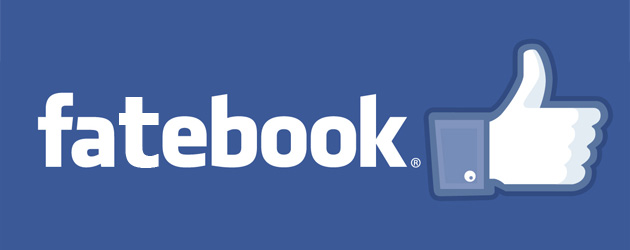
CNN reported about a Sheriff in Virginia who fired his Deputy simply because his Deputy liked something on Facebook. What did he like? The page of the Sheriff’s political opponent. The first amazing thing for me was to read the CNN report and note that it does nothing to isolate the real issue. Does CNN have a friendly relationship with Facebook? Is one hoping to buy the other? It disturbs me when reporters and investigators do not ask the right questions. The story focusses on Freedom of Speech. Is a ‘click’, the same as a ‘statement of speech’? Is clicking ‘like’, the same as saying the word ‘like’.
Anyway, the issue for me is why Facebook is so stubborn (and narrow-minded) about the ‘Like’ button. You would not believe the extent to which marketers will go, to score large ‘Like’ statistics for their brand. It includes bribery, much like political opponents in some countries pay people to vote for them! In Australia, political parties do it all the time, with statements akin to, ‘Have a baby and score a bonus’. What is that, if it is not a ‘vote for me incentive’?
The solution is simple: Allow users some choice in the button they select. For example, Facebook could provide options such as:
UPDATE: Which means that people just want to know what happens next in a story or a saga.
WATCH: Which means people want to keep an eye on this, out of curiosity.
CONCERN: Which means this story concerns my work or my boss or my life, so I need to know what my competitors are doing… not because I like them, but because they operate within the same market space, or because they could hurt my kids or my way of life.
SILENT: This allows people to connect and watch, and do all of the above, but silently — similar to how people have unlisted phone numbers. They can Like, and their Like is registered for the marketer, but it is not traced to them, and it is not made public. It remains their private affair.
PHANTOM: Tell no-one that I am following this page or this story. It is no-one’s darn business!
If Facebook cared about its users, it would implement such new innovations. Why? Because people are losing their job and are getting in trouble over their private affairs on-line. Arguing that they do not need to be on Facebook or LinkedIn is like saying that if you dislike banks, you do not need to transact with any bank. Oh really? You try living in Sydney, London, or New York and not have a bank account (assuming you are not a hobo). If you do not understand what I mean, let me put it this way: Try living without a mobile phone or an email address.
This whole issue centres around the brainpower of Facebook. Both Facebook and CNN were not asking the right questions in relation to the Sheriff saga.
Meanwhile, the lawyers and courts are welcoming new customers. Thumbs-up to that!



Comments are closed.